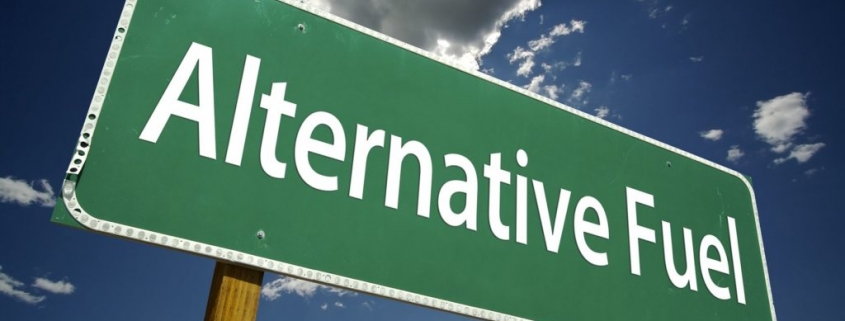Federal Tax Credits Expiring Soon
written by Emily Wolfe, MEC’s Senior Public Affairs Coordinator
As we near the end of the year, it is anticipated that Congress will be discussing whether to extend certain federal tax credits such as the Alternative Fuel and Energy Efficiency Tax Credits. Contact your representative to learn if they will support extending the Alternative Fuel Tax Credit and below energy efficiency tax incentives that also expire at the end of 2020. (Note that biodiesel credits are covered under the Biodiesel Income Tax Credit which continues through December 31, 2022. The Renewable Energy Tax Credits expire December 31, 2021.)
- Alternative Fuel Tax Credit: A tax incentive is available for alternative fuel that is sold for use or used as a fuel to operate a motor vehicle. A tax credit of $0.50 per gallon is available for the following alternative fuels: natural gas, liquefied hydrogen, propane, P-Series fuel, liquid fuel derived from coal through the Fischer-Tropsch process, and compressed or liquefied gas derived from biomass.
- Commercial Building Energy-Efficiency Tax Deduction: A tax deduction of up to $1.80 per square foot is available to owners of commercial buildings or systems that save at least 50% of the heating and cooling energy as compared to ASHRAE Standard 90.1-2007 (or 90.1-2001 for buildings or systems placed in service before January 1, 2018). The deduction is available for buildings or systems placed in service after December 31, 2017 through December 31, 2020. Partial deductions can also be taken for measures affecting the building envelope, lighting, or heating and cooling systems.
- Residential Tax Credits for Energy Equipment & Energy Efficiency Improvements: Homeowners can claim a federal tax credit for installing appliances that are designed to boost energy efficiency or making certain improvements to their homes (10% of cost up to $500 or a specific amount from $50-$300).
- Tax Credits for Builders of Energy Efficient Homes: Home builders are eligible for tax credits for a new energy efficient home that achieves energy savings for heating and cooling over the 2006 International Energy Conservation Code (IECC) and supplements. A required amount of energy savings must come from building envelope improvements. This credit also applies to contractors of manufactured homes conforming to Federal Manufactured Home Construction and Safety Standards and meeting the energy efficiency requirements. Alternatively, a manufactured home also qualifies for a $1,000 tax credit if it meets ENERGY STAR requirements.
If you would like additional information regarding the above incentives visit the Database of State Incentives for Renewable Energy (DSIRE), email your Clean Cities coordinator, or contact MEC at (816) 531-7283.



 Photo by: Anissa Parra-Grooms, Metropolitan Energy Center
Photo by: Anissa Parra-Grooms, Metropolitan Energy Center